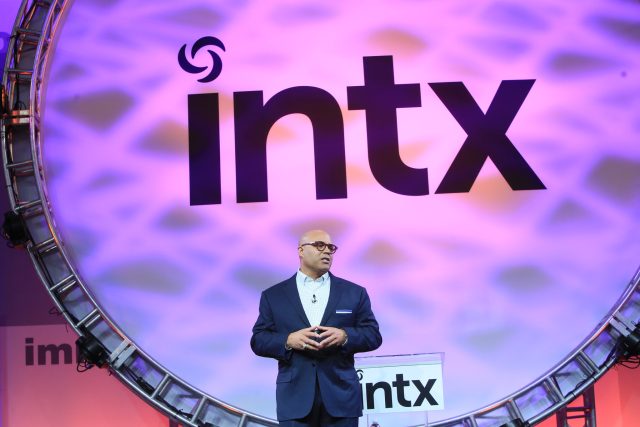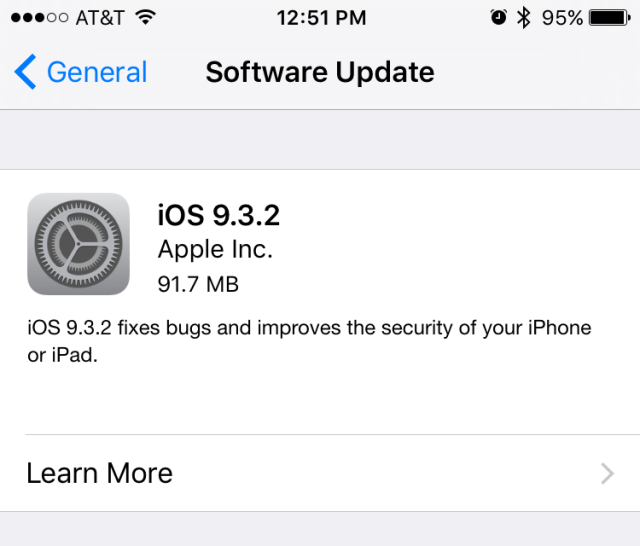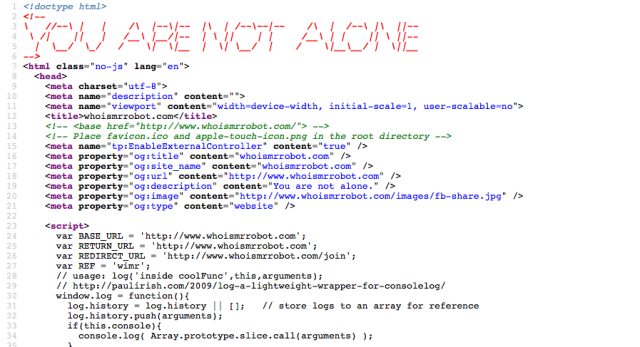
NCTA CEO Michael Powell at the cable lobby's annual INTX (Internet & Television Expo) conference. (credit: NCTA )
The cable industry's chief lobbyist today criticized what he called the Federal Communications Commission's "relentless regulatory assault" on the industry, claiming it has been unprovoked by the cable companies themselves.
"What has been so distressing is that much of this regulatory ordinance has been launched without provocation," said Michael Powell, CEO of the National Cable & Telecommunications Association (NCTA). "We increasingly are saddled with heavy rules without any compelling evidence of harm to consumers or competitors." The FCC's recent actions have not been "modest regulatory corrections," he said. Instead, "they have been thundering, tectonic shifts that have crumbled decades of settled law and policy."
Powell, who was FCC chairman himself from 2001 to 2005, made his comments today in a keynote speech at the NCTA's annual conference in Boston. Four FCC commissioners are scheduled to speak at the conference tomorrow, and FCC Chairman Tom Wheeler will do so on Wednesday. Wheeler—who was CEO of the NCTA from 1979 to 1984—has been critical of the industry in speeches at the conference in each of the last two years, and he would likely disagree with Powell's assertion that cable companies haven't harmed consumers or competitors.








